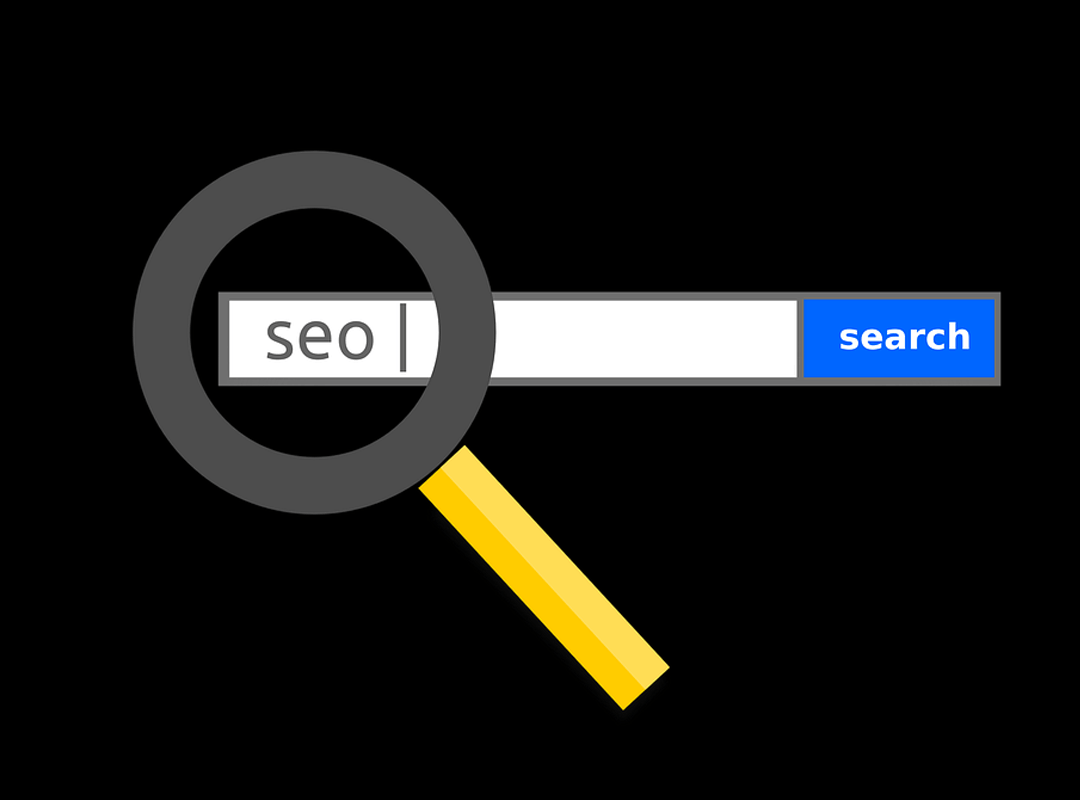In an effort to provide the best answers for search queries, browsers have started personalized search. When a query is made, the factors which usually determine the contents that users see are language and location. This post talks about the techniques to optimize for personalized search.
Personalized search results are based on relevancy and user data such as location, language and browsing history. Personalized results also depend upon whether the user is logged in or not.
Factors determining personalized search
- Location: Location is one of the important factors that determines personalized search. Users from different locations see different results and location based queries. It is important to note that search engines know your location with the help of your IP address whether you are logged in or not. So by using the user’s location, search engines can personalize results.
- Device: Mostly, the results that come up are similar on desktop and mobile. However, certain factors influence where a particular web page ranks on the SERPs. In this mobile-users’ era, here is ALL YOU NEED TO KNOW ABOUT MOBILE FIRST INDEXING SEO.
- Browsing history: Another factor which affects personalized results is the users’ search history. Search history gives Google an idea about what people are interested in. This helps search engines to return the most relevant results for search queries.
- Social media accounts: Social media accounts like Facebook and Twitter can tell search engines about your age, gender and your interests. This information is then used to shape the kind of results you get for a search query. Have a look at the complete guide SOCIAL MEDIA MARKETING PLANS: WHAT’S THE BEST FOR YOU?
How to optimize for personalized search
- Location: To optimize for personalized search, you need to optimize your website for location. This is important if you target a particular kind of market or operating in a few locations. Here are the STEPS TO IDENTIFY THE TARGET AUDIENCE: KNOW WHAT IS MARKET. Create a Google My Business listing and check if all the details like website link, name, phone, address, descriptions, etc. are correct. Use local structured data, try to get good reviews and make sure everything works perfectly on the mobile. In order to make sure, check out this blog to BOOST MOBILE SEO WITH AMP(ACCELERATED MOBILE PAGES.
- Language: Language is one of the important factors in determining personalized search. So, if your audience speaks different languages you should optimize them. You generally do this if you target a single country that has multi-lingual people or you target multiple languages and not any specific country. You can use Hreflang tags or add country/ language specific content in sub-folders. It is one of the key elements while doing International SEO.
- Social media: Posts from social networking sites appear in SERPs and people who follow your accounts can see your posts in search results. Google also turns up with a lot of content from Twitter and Pinterest when a search query is done. So it is important to create quality content that prompts people to share it.
- Search intent: You can more easily optimize for search intent than optimizing for social media, devices, locations, or languages. Optimize for questions and long tail keywords create content which naturally answer all the questions that your visitors ask. This also uses structured data to mark-up your content. To know more, see HOW TO LEVERAGE SEMANTIC SEARCH FOR HIGHER RANKINGS?
There are a number of factors which you have to keep in mind when you optimize for personalized search. These factors include language, location, search intent, device and social media. These five factors play a major role in what users see in their SERPs. You can influence this by optimizing for the five factors so that the target audience is able to find you. Besides, you always have the option to hire the professionals to handle this task. You may also like to read about THE MOST IMPORTANT DIGITAL MARKETING TACTICS TO DRIVE SALES.








